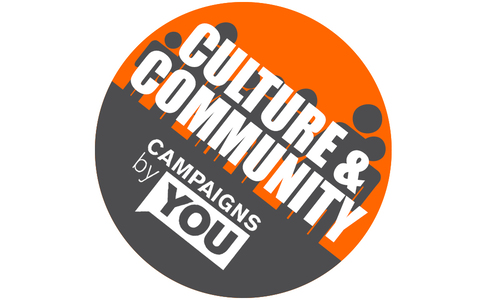To: The Justice Secretary
Let us Move the Music

Please amend the high court decision to remove the fair use exemption that allows people to rip their own cds for personal, non-commercial, private use.
Why is this important?
Imagine you have a collection of CDs that you can't play except on your computer. You want to play the music on those CDs on your IPod at the gym, driving to work, or just relaxing. However, now that this new law is in place, you can't without risking prosecution. The only way you can play the music you have is to buy it off ITunes or Amazon, and would you really want to have to pay for something you already own simply because you want to play it on another device? After all, putting music on your IPod from a CD isn't hurting anyone. You're not selling it, you're not requesting or obtaining any commercial gain from it, the artist still gets their royalties from the purchase of the CD. You may think the record company, maybe even the artist is just trying to extort money out of you, and that's before even considering the future, when you would not be allowed to even move music from one device to another through ITunes. Every device you own has to have its own copy of the songs you want to play.
Now imagine you are wanting to convert an audio performance that is now out of print, and can only be obtained on CD. If you feel it should be preserved, you are not allowed to do this, since you cannot rip CDs any more. Therefore, that performance, which you think is fabulous and has been praised by critics, will be lost.
If this ruling is not amended, then we will be moving towards a slippery slope where no one can have audio that is not bought for a specific device. This may also lead to software developers not giving users replacement activation keys if they change computers, as they will have to buy another copy of the software simply to use it on a replacement computer. Even more concerningly, it could lead to people with print disabilities no longer being able to scan physical books and other printed materials for personal use, and CD ripping is much the same as scanning a book to read it in an alternative format. This is worrying, since publishers only permitted the scanning of books by print disabled people only about 13 years ago, and that was only after a long battle with them. It would be a terable misfortune if those people could not scan books anymore, particularly since that is the only way for some people to be able to read books , and specialist library services, such as the RNIB library, are very limited in what books they can offer.
This law is impracticable, unrealistic, and completely unenforceable. Moreover, it is almost certain to backfire, as people will just continue to rip their CDs, simply because they know they can get away with it.
Now imagine you are wanting to convert an audio performance that is now out of print, and can only be obtained on CD. If you feel it should be preserved, you are not allowed to do this, since you cannot rip CDs any more. Therefore, that performance, which you think is fabulous and has been praised by critics, will be lost.
If this ruling is not amended, then we will be moving towards a slippery slope where no one can have audio that is not bought for a specific device. This may also lead to software developers not giving users replacement activation keys if they change computers, as they will have to buy another copy of the software simply to use it on a replacement computer. Even more concerningly, it could lead to people with print disabilities no longer being able to scan physical books and other printed materials for personal use, and CD ripping is much the same as scanning a book to read it in an alternative format. This is worrying, since publishers only permitted the scanning of books by print disabled people only about 13 years ago, and that was only after a long battle with them. It would be a terable misfortune if those people could not scan books anymore, particularly since that is the only way for some people to be able to read books , and specialist library services, such as the RNIB library, are very limited in what books they can offer.
This law is impracticable, unrealistic, and completely unenforceable. Moreover, it is almost certain to backfire, as people will just continue to rip their CDs, simply because they know they can get away with it.
